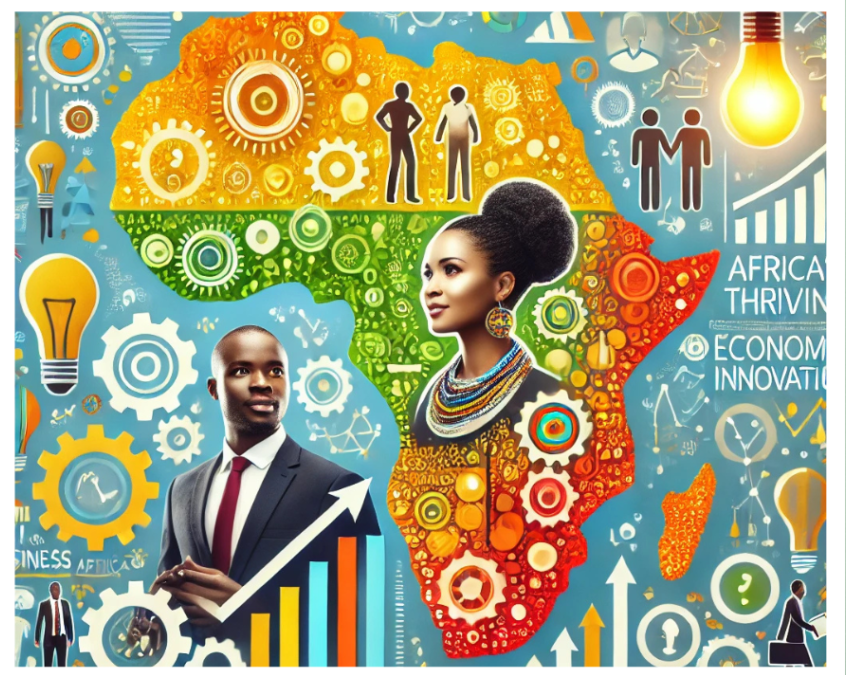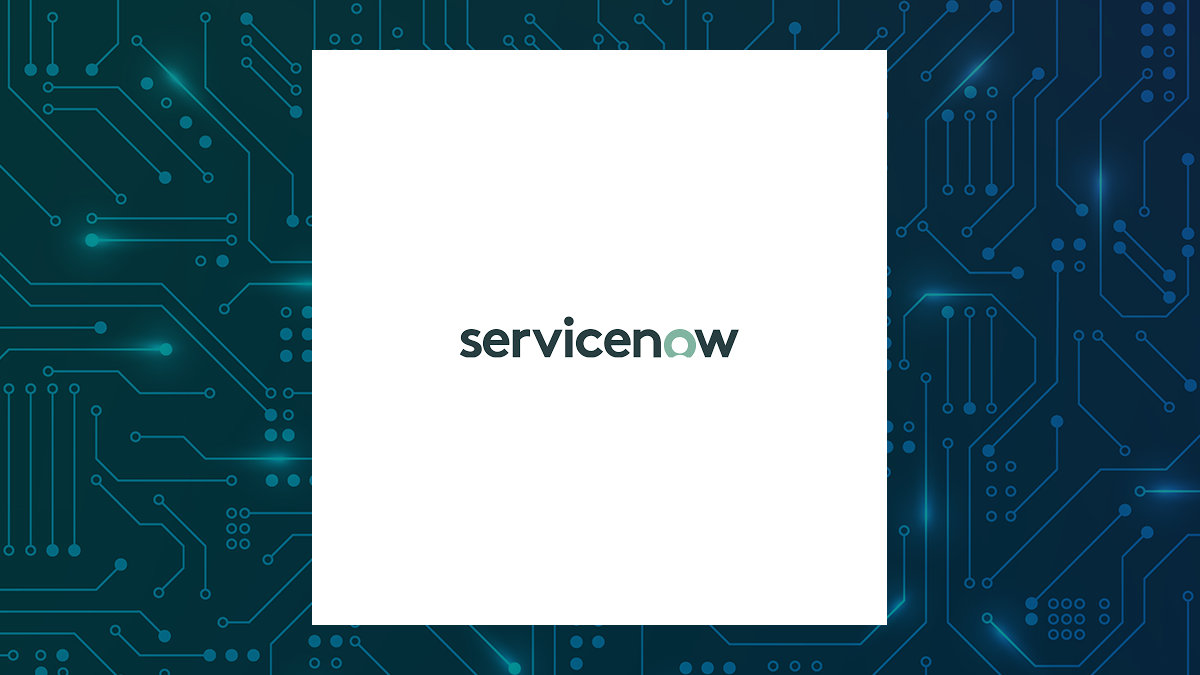Silicon Valley VCs Grapple with AI's Uncertain Future

The advent of generative artificial intelligence, particularly highlighted by the emergence of ChatGPT in 2022, has triggered an investment frenzy in Silicon Valley, fundamentally reshaping the venture capital landscape. This AI boom has propelled a select group of companies to extraordinarily high valuations. For instance, OpenAI recently secured $40 billion in funding at a staggering $300 billion valuation, an unprecedented event in Silicon Valley's history. Other major players like Anthropic, valued at $61.5 billion, and Elon Musk's xAI, reportedly seeking $20 billion at a $120 billion valuation, underscore the immense financial scale of this new AI era.
This financial escalation has created a distinct divide within the venture capital community. The sheer size of investments required means that only entities with the deepest pockets—such as large technology corporations, Japan's SoftBank, and Middle Eastern investment funds focused on post-fossil fuel economies—can realistically participate in funding these AI behemoths. Consequently, many traditional venture capital firms, which were instrumental in the birth of the internet revolution, find themselves unable to compete at this level. Emily Zheng, a senior analyst at PitchBook, observed at the Web Summit in Vancouver, "There's a really clear split between the haves and the have-nots. Even though the top-line figures are very high, it's not necessarily representative of venture overall, because there's just a few elite startups and a lot of them happen to be AI."
For the remaining venture capitalists, the primary challenge lies in identifying viable investment opportunities within this exceptionally expensive and rapidly disrupting market. Despite Silicon Valley's strong confidence that AI represents a transformative, era-defining shift, the path for smaller investors is fraught with difficulty. Simon Wu of Cathay Innovation noted that while customer demand for AI-driven efficiency improvements is strong—products offering such benefits are "flying off the shelves"—much of this spending ultimately flows towards established giants like OpenAI. The critical question, as articulated by Andy McLoughlin, managing partner at Uncork Capital, is determining "where the opportunities are against the mega platforms," identifying niches where these dominant AI companies cannot or will not operate.
Finding such niches is proving arduous. The large language models underpinning platforms like ChatGPT, Claude, and Google's Gemini appear to have limitless potential, and the major AI players—Google, Microsoft, and Amazon—are releasing new tools and products at a relentless pace. These advanced AI systems can now handle tasks like search, translation, and coding within a single interface, leading investors to question what new ideas can realistically survive the intense competition. Furthermore, generative AI has democratized software development, enabling individuals without formal coding backgrounds to create new applications using simple prompts, thereby disrupting traditional startup organizational structures and development models. Christine Tsai, founding partner and CEO at 500 Global, reflected on the constant upheaval, stating, "Every day I think, what am I going to wake up to today in terms of something that has changed or (was) announced geopolitically or within our world as tech investors."
A significant concern for companies and investors is establishing a "moat"—a unique, defensible feature or technological breakthrough, akin to Microsoft Windows in the 1990s or Google Search in the 2000s, that provides a lasting competitive advantage. Brett Gibson, managing partner at Initialized Capital, commented that in the realm of business software, AI is profoundly "shaking up the topology of what makes sense and what's investable."
These challenges are compounded by the unproven economics of generative AI. Despite the colossal valuations and massive investments, the path to profitability for even the largest AI companies remains highly uncertain. The substantial sums involved lead to skepticism, with observers like Simon Wu wondering if AI will genuinely replace labor costs at a scale that justifies the current investment levels. He added that despite AI's undeniable importance, "I think everyone's starting to see how this might fall short of the magical," even in its early stages.
Nevertheless, there is a broad consensus among industry experts, barring a few contrarians, that generative AI is a permanent fixture. Andy McLoughlin predicted that in five years, AI will be as integrated into technology as mobile or cloud computing are today, becoming "a fabric of how everything gets built." However, the critical question of who will be the primary architects and beneficiaries of this AI-driven future remains open and actively debated within the tech and investment communities.
You may also like...
POLITICS:SHOULD POLITICIANS EARN THE MINIMUM WAGE?

What if your president earned the same as a teacher? This bold essay explores the growing divide between political elite...
Erased or Ignored? The Forgotten Female Heroes of African History”

Discover the untold stories of Africa’s forgotten female heroes—from warrior queens and resistance leaders to spiritual ...
Africa's Growth Paradox: Why Booming Economies Aren't Delivering Jobs for Its Youth Majority

Africa's GDP is rising, but youth unemployment persists. Uncover the disconnect between economic growth and job creation...
Emotional Blackmail in African Homes: Love, Guilt, and Obedience

Explore how emotional blackmail shapes relationships in African homes—where love is often tangled with guilt, obedience,...
SOCIAL INSIGHT: IS MARRIAGE STILL RELEVANT IN THE 21ST CENTURY?

Once seen as the ultimate milestone of adulthood, marriage is now being questioned, redefined, and reimagined. This essa...
Urban African Youth and the Rebirth of Cultural Identity

Urban African youth are redefining cultural identity through music, fashion, technology, and activism. From Kenya to Sou...
What Happens to African Girls Who Say No?
(3).jpeg)
Explore the struggles and resilience of African girls who dare to say no to forced marriage, gender-based violence, and ...
The African Dream Is Still to Leave Africa

For many young Africans, the dream isn’t to build Africa — it’s to leave it. This piece explores why the African Dream o...




